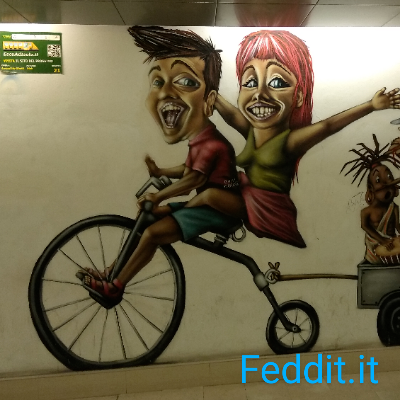Project Drawdown has characterized a set of 93 technologies and practices that together can reduce concentrations of greenhouse gases in the atmosphere. It’s a gigantic project with a lot of data and analyses.
In the linked video, the author goes through the measures to find which one is the most cost effective in terms of ratio of rCO2 reduction and economic cost
The maybe surprising result is that building bike infrastructure to shift a not even big percentage of travels from cars to bicycles or ebikes, is very cheap and has a huge effect on emissions.
The premise is that all solutions should be implemented to have a significant effect, but some are easier done than other.
crossposed from: https://feddit.it/post/6913495



re: degrowth
it’s not a solution, it’s a philosophy that includes a family of solutions. It’s not just about plugging the thermal leaks in your house, it’s also about moving into a smaller house. It’s not just about reducing food waste, it’s about not eating more than what you need.
The beauty of it is that it’s inherently proportional to individual impact on the climate: the people with the most SF of living space per person are contributing the most to energy expenditure to heat their living space, regardless if you call it a “home” or be brutally honest and acknowledge it’s actually a a small private village; the people who eat the most food per person are contributing the most to whatever amount of food waste and food production there is.
yes, that’s the problem. People are unwilling to ever give up anything. We are becoming a species of packrats and hoarders, and it’s destroying the planet and society. Greed and utopia cannot co-exist